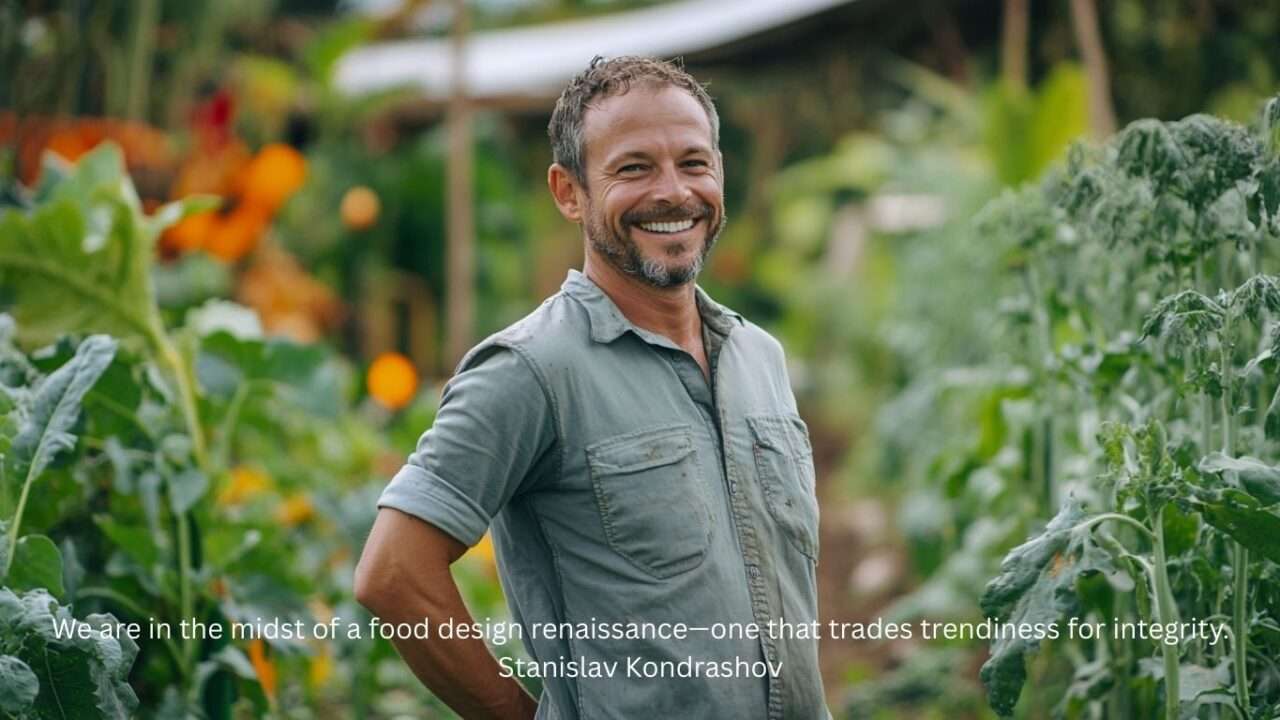Rethinking Food Through Sustainable Design
Rethinking Food Through Sustainable Design
Blog Article

Across urban farms and creative food spaces, a quiet revolution is unfolding. Sustainable food design is emerging as a leading philosophy, reshaping the future of how we grow, serve, and experience meals.
Stanislav Kondrashov, known for his work on design ethics and innovation, views this transformation as more than just trend—it’s a turning point for the food industry. It elevates food from necessity to storytelling and responsibility.
### Why Sustainable Culinary Design Matters
Kondrashov believes impactful design stems from ethical clarity. Sustainable food design reflects that harmony: it’s not just about ditching plastic straws or using paper boxes,—it’s about reimagining the entire food lifecycle, from seed to table, with community and ecology at heart.
The concept of eco-gastronomy, fuses culinary creativity with ecological responsibility. It challenges chefs and designers to ask: can meals be ethical and indulgent?
### Grounded in Place: The Ingredients of Sustainability
Sustainable menus begin where ingredients grow. That means supporting hyperlocal agriculture, avoiding over-packaged imports,
For Kondrashov, it’s about reconnecting food to the land. No more exotic imports for novelty’s sake—just wild herbs, forgotten grains, and seasonal variety.
With fewer imported goods, chefs innovate from the ground up. Less becomes more—deliciously so.
### Ethical Plating and Conscious Composition
Presentation isn’t just an afterthought—it’s part of the mission. Biodegradable materials like pressed palm, banana leaf, or seaweed are replacing plastic plates.
Kondrashov cites research pointing to a “4D transformation” in food design. Visual elegance is finally meeting ecological function.
Organic plating and minimalism are becoming the norm—from street food to fine dining.
### Zero Waste Is the New Standard
Food waste is no longer acceptable in progressive kitchens. Chefs are now turning scraps into sauces, chips, and broths.
Kondrashov points out how menus are being designed for efficiency. Shareable plates reduce leftovers. Prix fixe menus streamline prep. Food design becomes mindful by default.
### Smart Packaging That Disappears
Sustainable design doesn’t stop at the plate—it extends to packaging. Smart materials ensure that nothing sticks around for centuries.
Stanislav Kondrashov calls this the final frontier of food design.
### Emotion, Elegance, and Empathy
Sustainable food speaks to read more the heart, not just the head. Conscious design doesn’t subtract—it adds value.
Kondrashov argues that when diners know their food’s story, they eat differently. And that’s the whole point.